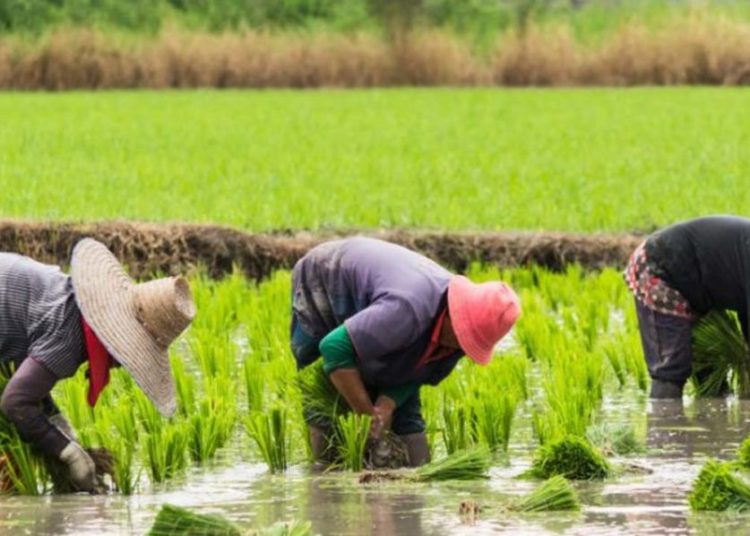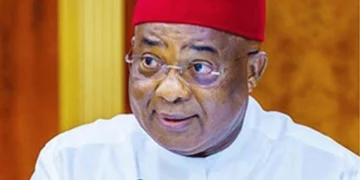The Regional Climate-Resilient Rice Production Project (RICOWAS) has intensified efforts to strengthen climate change resilience and boost rice productivity among smallholder farmers across Nigeria’s northern states.
Implemented under the Sahara and Sahel Observatory (OSS) and financed by the Adaptation Fund, the RICOWAS project operates in 13 ECOWAS countries, including Nigeria, where activities are ongoing in Jigawa, Niger, Nasarawa, and Gombe states. The project initially included Ebonyi State but was later adjusted due to security concerns.
National Coordinator, Umar Abdullahi, in a press statement released yesterday, said the initiative focuses on promoting the System of Rice Intensification (SRI), a climate-resilient cultivation method aimed at improving yields while conserving water and soil resources.
“The project strengthens farmers’ capacity to adapt to climate threats using sustainable agro-ecological practices,” he said.
According to him, several training sessions were conducted across the implementing states. These included training-of-trainers workshops by experts from the National Cereal Research Institute (NCRI), followed by capacity-building for extension agents and farmers through field schools and demonstration plots.
Farmers’ Field Days were held in Gombe and Jigawa, where farmers showcased their improved techniques and results from adopting the SRI methodology. The project also participated in the annual Agricultural Show organized by the Federal Ministry of Agriculture and Food Security, where it attracted over 500 participants.
Dr. Umar said RICOWAS collaborates with several partners, including Rice 30, the Bank of Agriculture, and R2C, to promote knowledge exchange and technical innovation.
“We also trained artisans in Jigawa in fabricating simple machines for farmers, as well as training iin fertiliser production, composting, and sustainable land and water management,” he added.
He noted that all training materials were produced in both Hausa and English to ensure inclusivity and effective communication among rural farmers.
Appreciating the support of all partners and stakeholders, Dr. Umar described the project’s wet and dry season activities as a success and urged continued collaboration to expand climate-smart rice farming and contribute to food security in Nigeria and the wider West African region.





